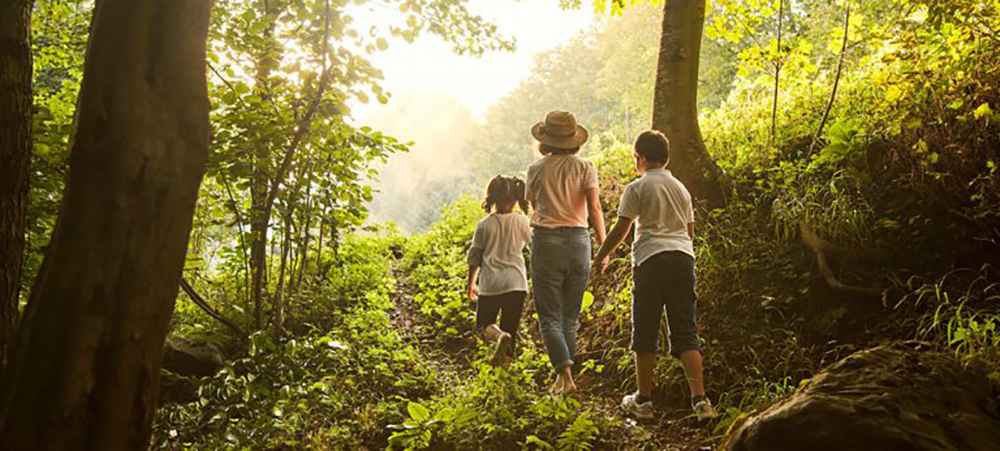
In this article we wanted to share some tips that will help you be mindful of your surroundings while you enjoy the coming seasons.
- Plant flowers that help fragile and endangered insect species, such as bees and certain butterflies. You can turn your garden into a haven for these animals by planting flowers such as, Cosmos, Bee Balm, Marigolds, Lavender and Goldenrod. Remember, as well as butterflies and other pollinators, these plants attract bumblebees and honey bees, and while these species do sting they will not do so unless extremely threatened. Over the years we have learned that these species have a huge impact on the health of our environment, so let’s do what we can to help protect them.
- Feed ducks and other water fowl vegetables, oats and seeds rather than bread. It’s a little known fact that bread can be more harmful than helpful. Unfortunately, ducks and other waterfowl can have trouble properly digesting bread and as carbohydrates offer these animals little to no nutritional value, a carb heavy diet can cause numerous health problems and loss of natural behaviour as the animals may become dependant on humans for food. If you enjoy feeding and interacting with these animals, be sure to feed them in moderation. Try using vegetables such as corn, peas, lettuce and other greens, or foods like oats and seeds.
- Pay attention to potential fire restrictions when camping. With camping weather on the horizon, it is important to be mindful of the environment around you. During dry seasons many national parks/camping grounds evoke fire bans, meaning campfires are prohibited. While this may not be ideal, it is an important part of fire prevention during seasons with increased risk. To fill your evening, try going to watch the sunset, go for a walk with your family/friends and keep an eye out for some interesting animals you can see at dusk (such as fireflies and moths), or stargaze as while you are settling in for the night.
- Respect your surroundings. When out at parks or hiking, be sure all your trash ends up in the bin, not on the ground. If you are planning to be outdoors for an extended period of time, often times you end up bringing few snacks and a water bottle or two (especially if you have children). One good tip in planning for your outdoor adventures is to always make sure you bring a small container or bag you keep any trash you have produced, just in case you have limited access to garbage cans while you are out. There is no excuse for litter, and we can all do our part with the proper awareness and planning.
- If you encounter wildlife, try to limit your interaction and observe from a far. One of the biggest mistakes people make when they see a wild animal (particularly docile species such as deer) is attempting to get close to the animal, feed, or pet it. This is not only potentially hazardous for the person, but also harmful to the animal they are interacting with. When animals become overly comfortable or familiar with humans it can cause disruptions in their natural behaviour by either becoming dependent on humans for food, or having little to no fear of people, making these animals easier hunting targets (if they are larger predatory animals they are deemed a danger and often put down for public safety reasons). When you see wildlife, keep your distance, be respectful and observe from a far.
